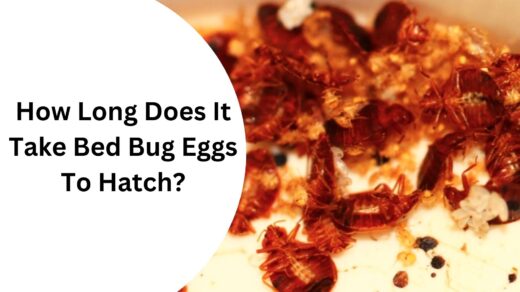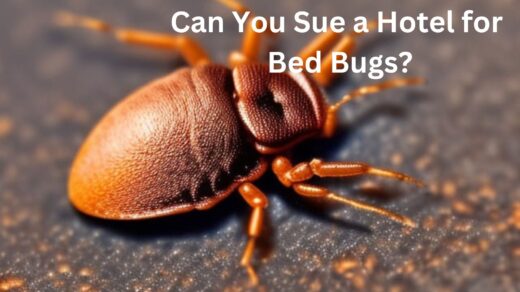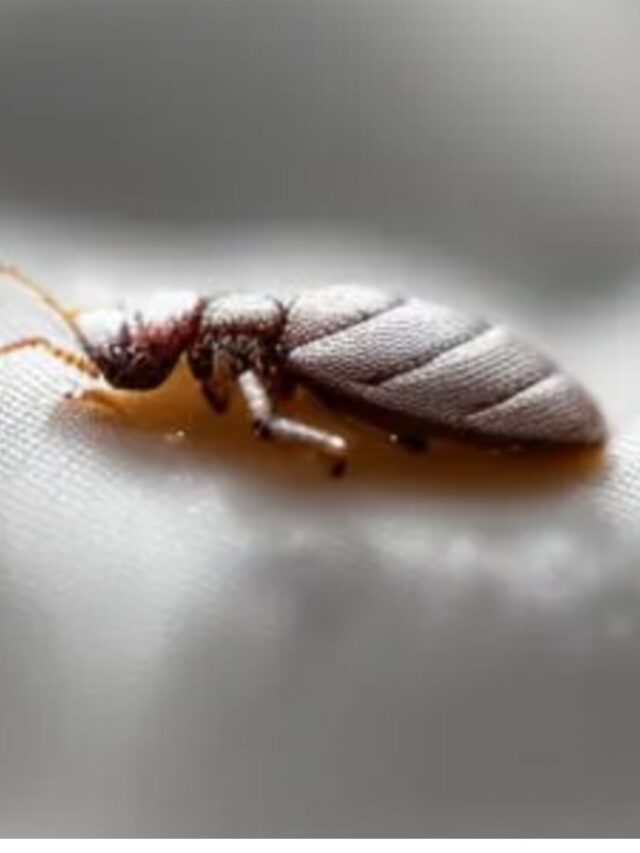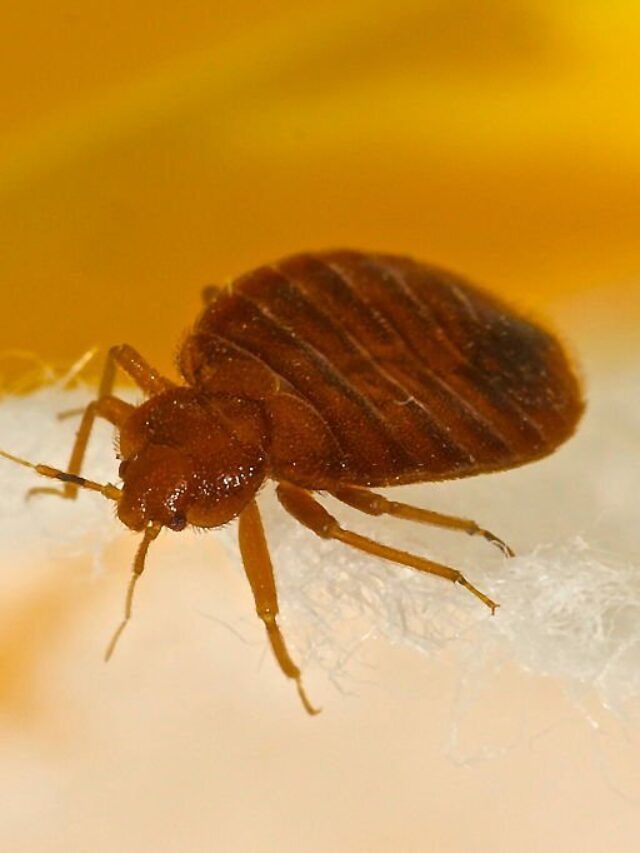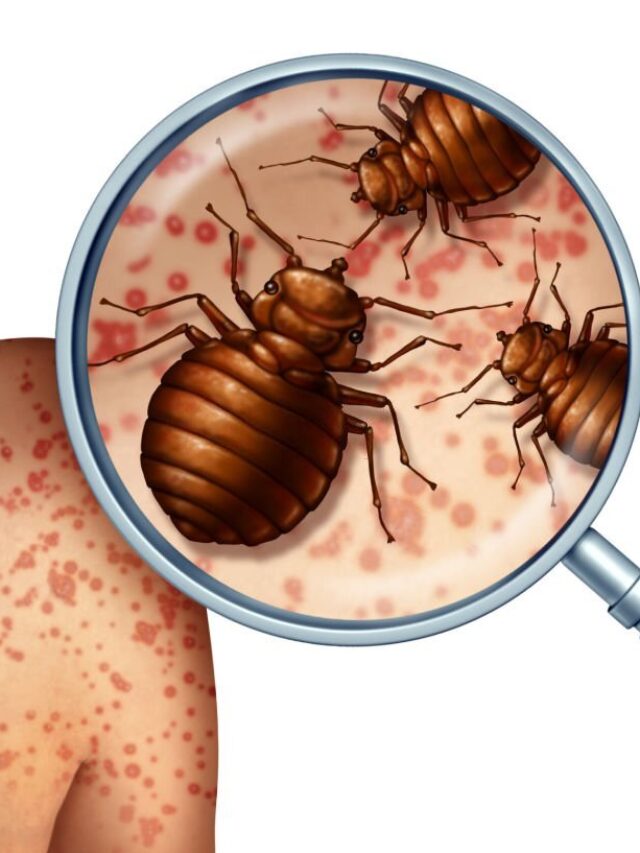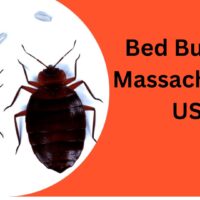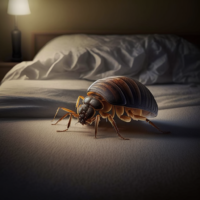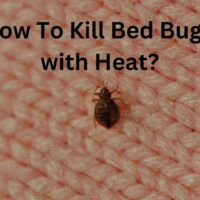Introduction:
Bedbugs are not just a nuisance but can also pose health risks to humans. Their bites can cause allergic reactions and infections, which can lead to serious complications. While bedbugs do not transmit diseases, their bites can cause secondary infections if not treated properly. In this blog post, we will explore the risks associated with bedbug bites and how to prevent and treat allergic reactions and infections.
Beware of the Bite: Recognizing Allergic Reactions to Bedbugs
Bedbug bites are often itchy and can appear in a straight line or cluster. However, some people may not have any visible reaction to bedbug bites, while others may develop a severe allergic reaction. Symptoms of an allergic reaction to bedbug bites include hives, difficulty breathing, and swelling of the face, lips, or tongue. If you experience any of these symptoms, seek medical attention immediately.
From Itch to Infection: Understanding the Risks of Bedbug Bites
Scratching bedbug bites can lead to secondary infections, such as impetigo or cellulitis. These infections can cause redness, swelling, and pain around the bite area. People with weakened immune systems or skin conditions, such as eczema or psoriasis, are more susceptible to secondary infections. It is important to avoid scratching bedbug bites and keep the affected area clean and dry.
How to Treat Bedbug Bites and Avoid Complications
To treat bedbug bites, wash the affected area with soap and water and apply a cold compress to reduce swelling and itching. Over-the-counter creams and ointments that contain corticosteroids can also help reduce inflammation and itching. Antihistamines can be used to reduce swelling and itching, but should only be taken under the guidance of a healthcare provider.
The Dirty Truth: How Bedbugs Spread Infection and Disease
While bedbugs do not transmit diseases, their bites can lead to secondary infections if not treated properly. Bedbugs can also spread bacteria, such as staphylococcus and streptococcus, which can cause skin infections. Additionally, bedbug infestations can have a negative impact on mental health, causing anxiety, depression, and insomnia.
Protect Your Home and Health: Tips for Preventing Bedbug Infestations
The best way to prevent bedbug infestations is to practice good hygiene and inspect your surroundings regularly. When traveling, inspect hotel rooms for signs of bedbugs, such as blood spots or shed skin. Use a protective cover on your mattress and box spring to prevent bedbugs from infesting your bed. If you suspect a bedbug infestation in your home, contact a pest control professional immediately.
Conclusion:
Bedbug bites can cause allergic reactions and infections, which can lead to serious health complications. It is important to recognize the signs of an allergic reaction and seek medical attention if necessary. Scratching bedbug bites can lead to secondary infections, so it is important to keep the affected area clean and dry. To prevent bedbug infestations, practice good hygiene and inspect your surroundings regularly. If you suspect a bedbug infestation, contact a pest control professional to address the problem promptly.
